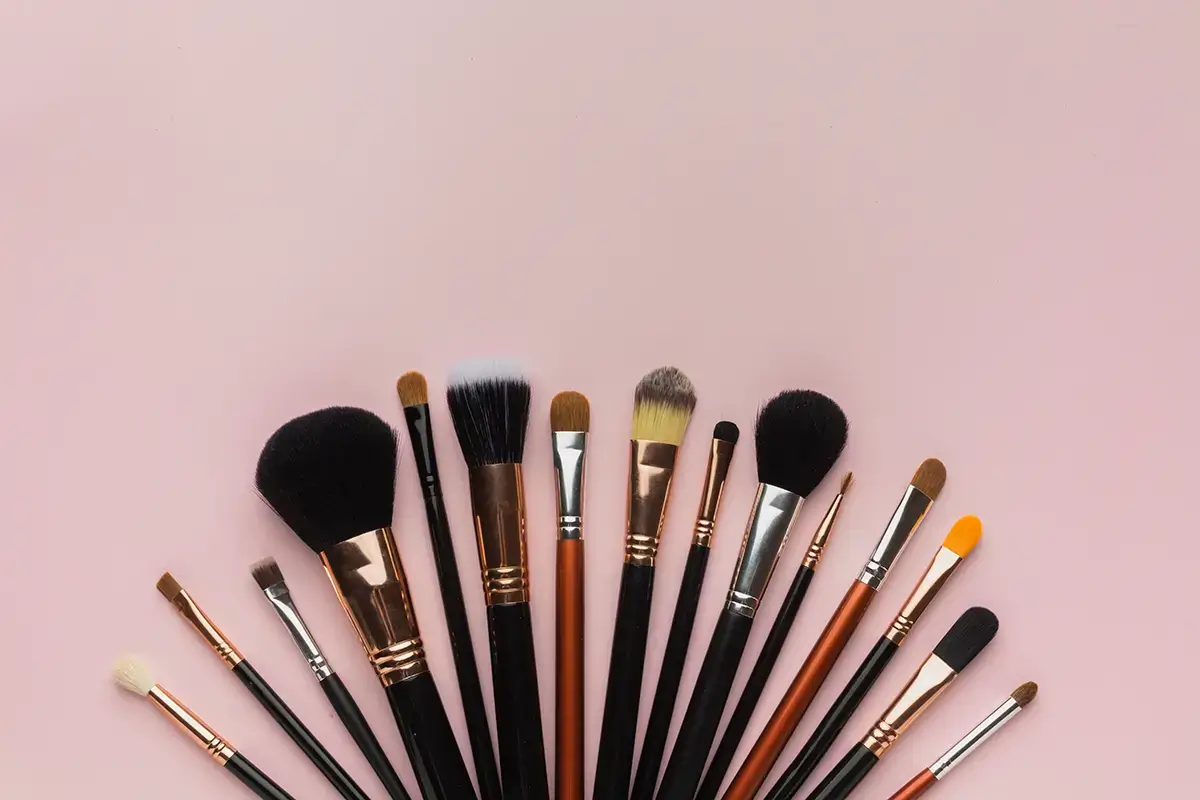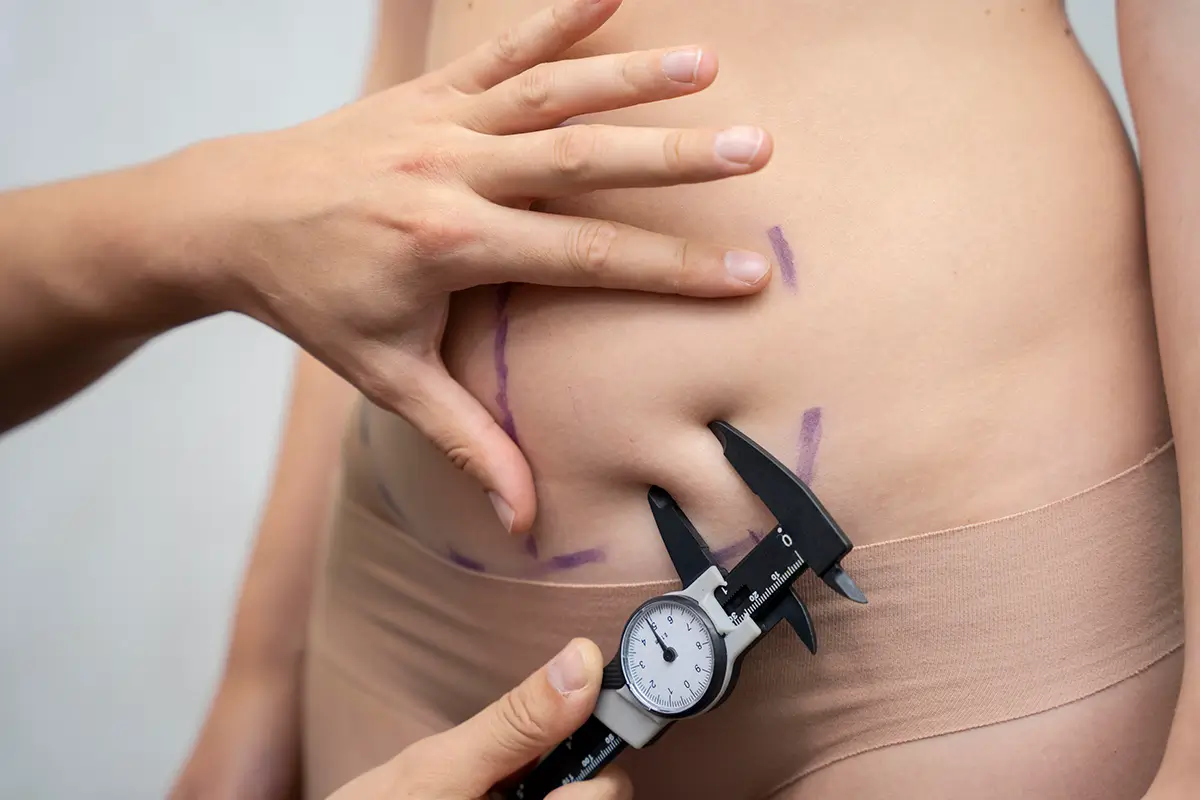The Importance of Washing Your Makeup Brushes: What You Need to Know
Using makeup brushes is essential for many people seeking a flawless finish and precise application of cosmetics. However, proper cleaning and maintenance of these tools are often neglected. Dirty brushes not only affect the quality of makeup but can also have serious implications for skin health. The accumulation of residues and bacteria on brushes can cause acne, infections, and other dermatological issues, highlighting the need for strict hygiene practices.
Recent studies have shown that lack of regular cleaning of brushes can be a significant factor in developing adverse skin conditions. The Brazilian Society of Dermatology and the World Health Organization warn that proper brush maintenance is crucial to avoid contamination and dermatological problems. This article explores the impacts of poor brush hygiene and provides guidelines based on reliable sources to ensure you keep your skin healthy and irritation-free.
The Problem of Bacteria and Microorganisms
According to the World Health Organization (WHO), hygiene is a fundamental practice for disease prevention. When it comes to makeup, brushes are an ideal environment for the growth of bacteria and fungi, especially if not cleaned regularly. A study published in the Journal of Applied Microbiology reveals that makeup brushes can accumulate more than 2 million bacteria, including pathogens like Staphylococcus aureus and Pseudomonas aeruginosa, if not cleaned properly.
Lack of cleaning not only compromises skin health but can also lead to cross-contamination. When a brush is not cleaned, it can transfer bacteria from one area of the face to another, potentially spreading infections. This is particularly concerning for people with sensitive skin or pre-existing conditions, such as eczema or rosacea, who are more vulnerable to irritations and infections.
Impacts on Skin Health
The Brazilian Society of Dermatology (SBD) emphasizes that using dirty brushes can exacerbate skin problems, such as acne and inflammation. Makeup residues, natural oils from the skin, and dead cells accumulate on brushes, creating a breeding ground for bacteria. These bacteria can clog pores, leading to breakouts and skin irritations.
Furthermore, poor brush hygiene can cause the spread of chemicals and preservatives present in cosmetics, which can be harmful when applied to compromised skin. Studies indicate that inadequate cleaning can increase the likelihood of allergic reactions and other dermatological complications, raising the need for rigorous care.
Guidelines for Proper Cleaning
To avoid health issues, it is essential to adopt rigorous brush cleaning practices. The WHO recommends that brushes be washed at least once a week with an appropriate cleanser to remove residues and bacteria. Specialized brush cleaning products, available at cosmetic stores, are formulated to disinfect without damaging the bristles.
The correct cleaning technique involves rinsing brushes with warm water, applying the cleanser, gently scrubbing to remove dirt, and rinsing until the water runs clear. It is crucial to dry the brushes completely before using them again to prevent mold and bacteria growth. Allowing the brushes to air dry on a clean surface is the recommended method.
Frequency and Additional Care
In addition to weekly cleaning, it is important to regularly check the condition of your brushes. Brushes with damaged or discolored bristles may need to be replaced to ensure effective and safe cosmetic application. The SBD suggests that, in addition to cleaning, you should frequently disinfect your brushes, especially if sharing them with others or using products applied to multiple areas of the face.
Conclusion
Maintaining the hygiene of makeup brushes is essential for ensuring skin health and the effectiveness of cosmetic products. Following the cleaning guidelines recommended by the WHO and the Brazilian Society of Dermatology can prevent dermatological problems and promote healthy, irritation-free skin. By investing time in proper brush maintenance, you protect not only your skin’s health but also the quality of your makeup.
Consulted Sources
- World Health Organization (WHO). “Hygiene and Health”
- Brazilian Society of Dermatology (SBD). “Skin Care and Cosmetics.”
- Journal of Applied Microbiology. “Makeup Brush Microbiota.” 2023.














